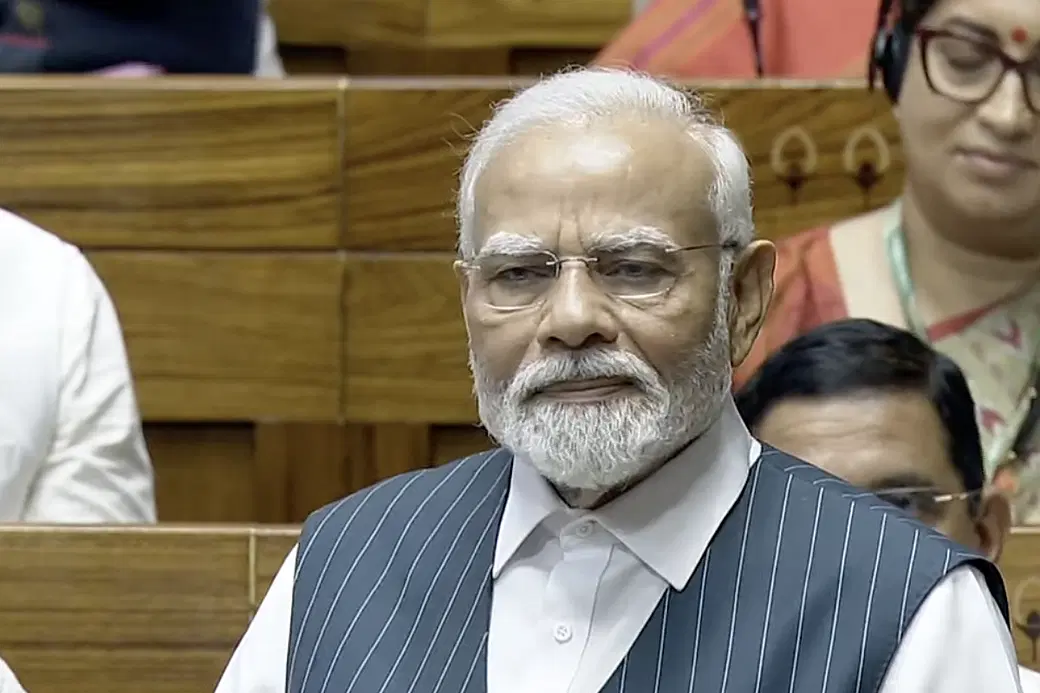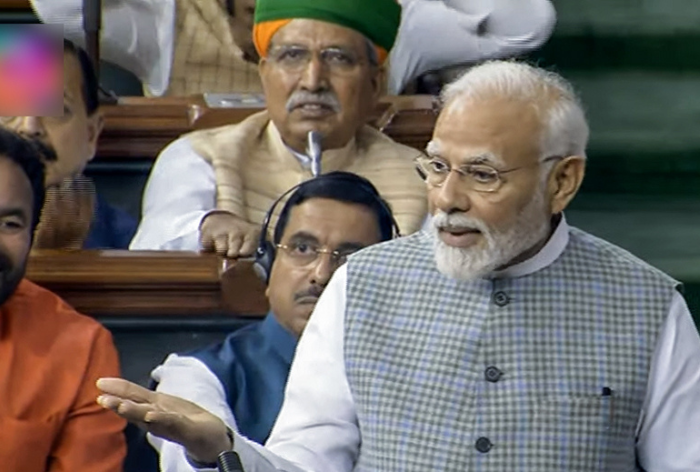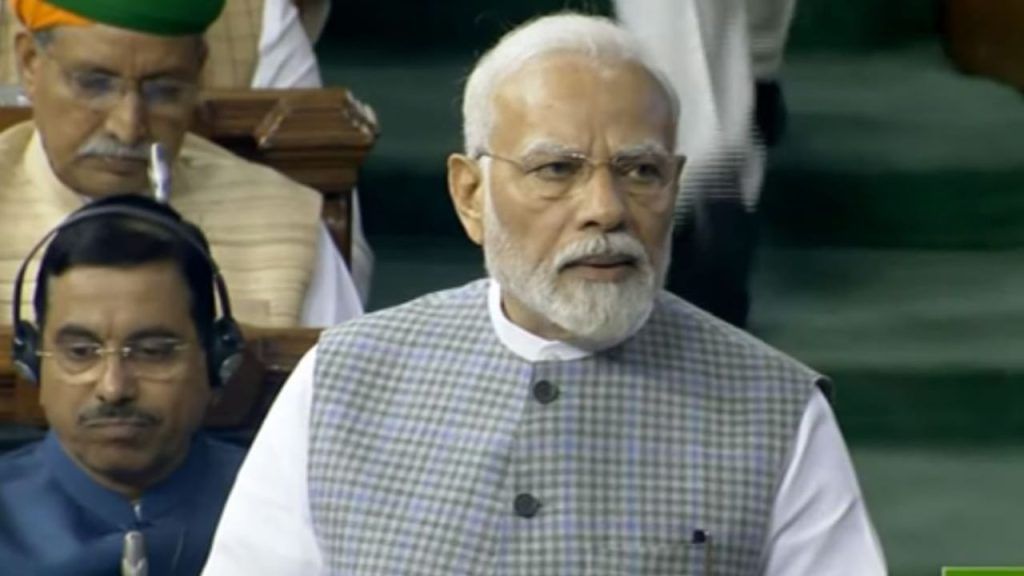The Women’s Reservation Bill, introduced as the 128th Amendment Bill in 2023, aims to reserve one-third of all seats in the Lok Sabha and state legislatures for women, including those set aside for SC/STs. The government on Tuesday introduced the Women’s Reservation Bill in the Lower House, paving the way for a one-third reservation for women in the Lok Sabha and state assemblies. Even if the measure receives parliamentary approval during the 17th Lok Sabha, this reservation is most likely to take effect in 2029 rather than by the time of the general elections the following year.

Tuesday, just before the bill was submitted in the Lok Sabha, Prime Minister Narendra Modi informed the House that the Union Cabinet had given its approval for the Nari Shakti Vandan Adhiniyam that was released the previous evening. “Perhaps God has chosen me for this sacred work, to empower women and harness their power. Once again, our government has taken steps in this direction,” he stated. The proposed legislation, known as the 128th Amendment Bill, 2023, calls for the establishment of reservations for women following a delimitation process based on the results of the first census conducted after the bill received legislative assent.

Despite the fact that the bill calls for quotas within quotas, only women from Scheduled Castes (SCs) and Scheduled Tribes (STs) are eligible for them; women from Other Backward Classes (OBCs) are not. This was one of the many contentious issues that prevented previous administrations from introducing legislative reservations for women, including the United Front administrations of H.D. Deve Gowda and Inder Kumar Gujral in 1996 and 1997, the NDA administrations of Atal Bihari Vajpayee in 1998 and 1999, and the UPA administration of Manmohan Singh in 2010.

Given that they had the backing of both the Bharatiya Janata Party (BJP) and the Left on this subject, the UPA government let the bill lapse in the Lok Sabha in spite of the Rajya Sabha passing it in 2010. Samajwadi Party (SP) and Rashtriya Janata Dal (RJD) became the most outspoken opponents of the bill with their demand for an OBC quota inside the 33 percent quota for women in the Lok Sabha and state assembly.

